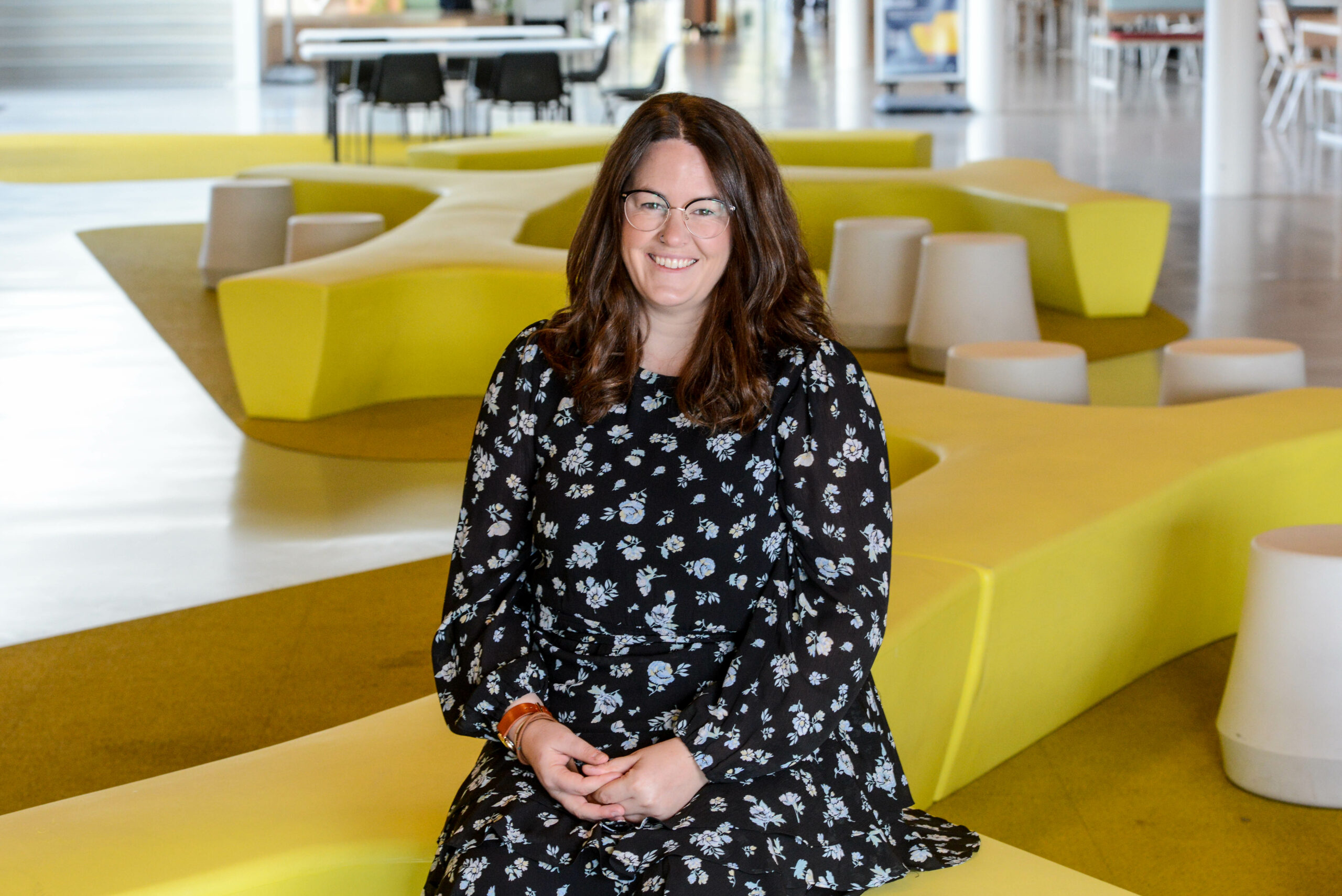Building Better Aged Care Through Mental Health Support
It is one of the chronically neglected fields in mental health research, but now, thanks to funding from the NHMRC and the Medical Research Future Fund, Senior Research Fellow at Flinders University Dr Monica Cations is embarking on wide-ranging research to examine the mental health of older Australians and their access to services and support.
Dr Cations’ NHMRC/MRFF Emerging Leadership Investigator Grant sees her focus particularly on people over 65 years who are living in residential aged care but has implications for older people ageing in place and accessing services in their homes.
“At a very broad level, for many people the process of ageing involves losing control over some of their decision making and their choices, and that can be confronting and lead to anxiety or depression, exacerbate existing mental health conditions, or trigger past traumas,” Dr Cations says.
“In my research I want at first to understand the prevalence of mental ill-health for older Australians and then consider what the barriers are to receiving Medicare-funded mental health services, especially for people living in residential aged care.”
The five-year Fellowship will support Dr Cations to progress the research in stages. Already her analysis of the Registry of Senior Australians data has shown that rates of mental ill-health have increased for older Australians and are now four and nine times higher than the general population for depression and anxiety disorders, respectively. Despite this, use of Government-funded subsidies for mental health services is very low for aged care residents.
This is a tangible example of how data collected by the Registry of Senior Australians (ROSA) is providing invaluable support nationally for age related research projects that are influencing healthcare practice and policy. ROSA was established in 2017 by a cross-sectoral partnership of researchers, clinicians, aged care providers and consumer advocacy groups from several organisations and along with HTSA, is a collaborative venture of SAHMRI.
“In identifying the scope of the problem, we can start to analyse the barriers to receiving mental health care and learn more about how this aspect of health care is being addressed in the sector,” Dr Cations says.
“At least one part of the problem is the availability of staff trained to understand and identify mental health concerns. There is also a wider issue in the simple availability of mental health experts and clinicians.
“We know the aged care sector is pretty good at keeping people physically well, but mental health must be considered as part of the full picture of health and wellbeing.”
“Managing behavioural symptoms that occur as a result of distress, for example aggression from residents in aged care settings, without use of restraints, is a particular challenge.
“The Aged Care Royal Commission noted that chemical and physical restraint “fundamentally impacts on the liberty and dignity of the care recipient” but also acknowledged aged care staff were under-skilled to manage changed behaviour in other ways.
“A hallmark of high-quality care is for older residents to feel physically and psychologically safe, to feel they have self-determination and are respected, and the Commission Report showed clearly that much more needs to be done to achieve that.”
Dr Cations says her goal is to provide evidence-based answers to some of these issues and develop translatable models of care that can be adopted in residential facilities.
“Part of my work will be to develop a way to measure what the impact of receiving mental health services has on residents and the people who care for them,” she says.
“Being able to measure any health cost savings and management and wellbeing improvements from a system more attuned to the mental health needs of residents will be an important driver for innovation in the sector.”
She says there also needs to be acknowledgement that up to 86 per cent of aged care users have at least one mental health condition and many of those will be living with the aftermath of some sort of psychological trauma.
“In an environment where common care practices such as assisted bathing and dressing are part of the everyday routine, we need to be more aware that these and a range of other aspects of care support, might be triggering for people who have experienced personal psychological trauma,” Dr Cations says.
“Such traumas make it difficult for individuals to regulate their emotions and their responses.
“And for aged care workers without the right mental health training, coping with sometimes extreme emotional responses from residents in the course of regular daily tasks, is difficult.
“With the right skills and educated approaches to understanding the needs of individual residents, there is enormous potential to deliver trauma-informed care that improves outcomes for both residents and aged care workers.”
Working with aged care providers, Dr Cations will be leading trials to introduce elements of trauma-informed care in residential aged care settings.
The project will examine the impact of care changes on the use of chemical restraints, damage to property, resident hospitalisations, and the need for extra staff, and weighing the costs and savings.
While Dr Cations says the research is in its ‘early days’ her goal is to tangibly improve the safety and quality of aged care in Australia.
“The research program will strengthen Australia’s reputation as an innovator in aged care and build the capacity of the sector to drive innovation in aged care globally,” she says.
“As populations age, the demand for access to care that maximises wellbeing will only grow.
“My goal is to demonstrate that prioritising psychological wellbeing is our best opportunity to achieve better aged care outcomes for residents and aged care workers, and to do that from a strong evidence-base.”
She says receiving a Fellowship can change the trajectory of a researcher’s career.
“This Fellowship has allowed me to build my track record as an independent researcher and investigate problems that are very important to me and to older people. It has been an enormous vote of confidence from my peers that my work is worthwhile and can make meaningful change to the world.
“As a junior researcher you need to be somewhat strategic and think ahead to build a strong research record and demonstrate to Fellowship reviewers that you have the skills and a team around you to deliver high-impact research.
“For me undertaking research that I really care about and that has clear pathways to improving outcomes is so important – it makes all the late nights worth it.”















